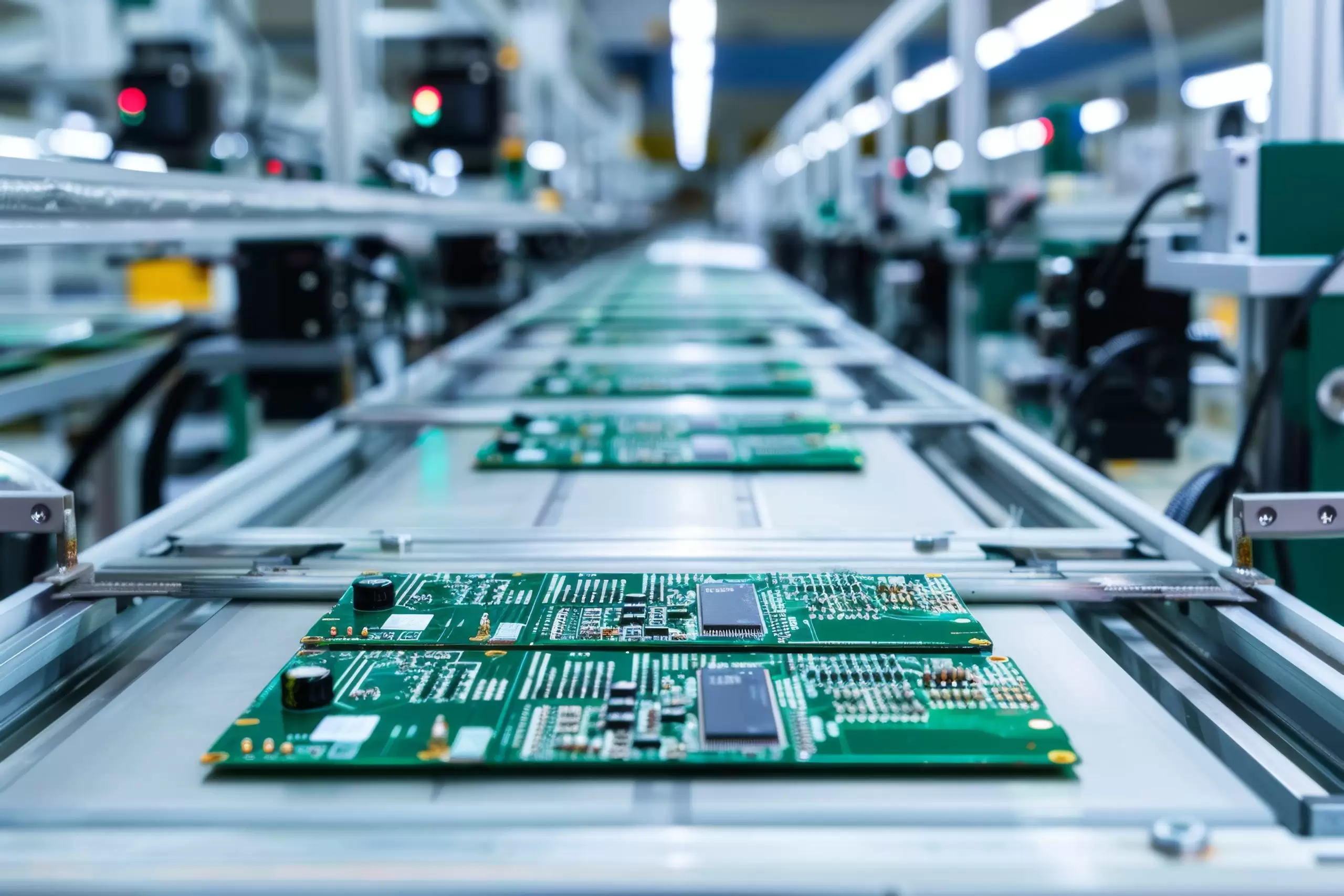Taiwanese chip giant TSMC has inaugurated a significant new semiconductor plant in Dresden, Germany, following the European Commission’s approval of €5 billion ($5.5 billion) in state aid. This funding marks the largest grant to date under the EU Chips Act and represents the first major TSMC project in Europe.
The €10 billion facility aims to bolster Europe’s chip manufacturing capabilities, enhancing resilience against future shortages like those seen during the COVID-19 pandemic. The Dresden plant is poised to become a crucial supplier for European industries and automakers.
EU Commission President Ursula von der Leyen hailed the project as a “true win-win situation” during the ceremony in Dresden, known for its “Silicon Saxony” chipmaking region. German Chancellor Olaf Scholz emphasized the importance of securing semiconductor access for Germany, while Economy Minister Robert Habeck pledged government support to ensure the plant’s timely production start in 2027.
TSMC has partnered with European firms Robert Bosch, Infineon, and NXP, each holding a 10% stake in the European Semiconductor Manufacturing Company (ESMC), the joint venture overseeing the plant’s development. CEO C.C. Wei noted that the facility will help TSMC stay close to its European customers.
The plant will operate as an open foundry, allowing smaller companies and universities access to its services. While it will produce chips that are not the most advanced, it will focus on essential microcontroller units (MCUs) for automotive and industrial uses.
Bosch, NXP, and Infineon plan to utilize the plant for manufacturing automotive chips. Meanwhile, Intel’s proposed €30 billion advanced chip plant in Magdeburg, Germany, still awaits approval and is projected to be completed 4-5 years after receiving EU backing. Intel is working with EU partners to advance this project.



